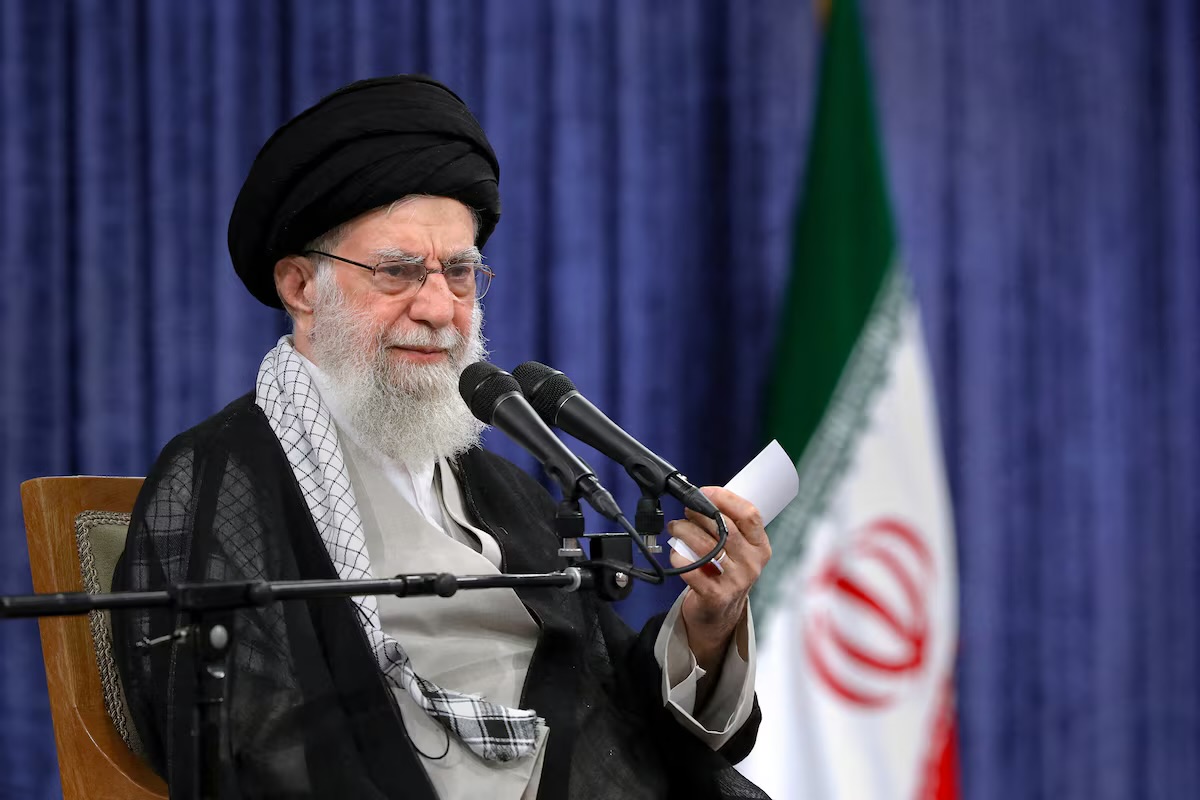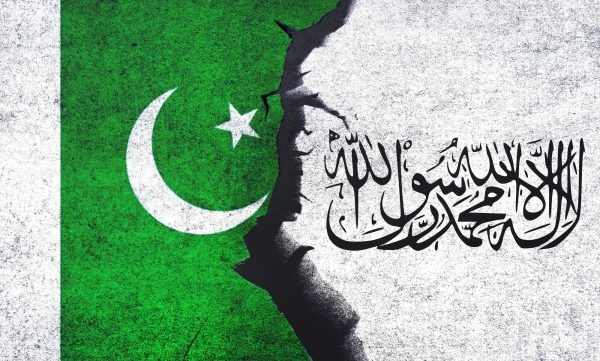Introduction:
In the heart of West Africa, Mali has stood at a crossroads for years, battling against an Islamic extremist insurgency while hosting a United Nations peacekeeping mission that brought economic opportunities and stability to its citizens. Now, with the departure of the UN mission on the horizon, Malians who found hope and prosperity amid the arrival of peacekeepers are left fearing the potential economic fallout that may follow.
Thriving Amidst Adversity:
Nearly a decade ago, armed violence upended the lives of many Malians, forcing them to flee their homes and livelihoods. One such survivor, Mariame Coulibaly Sangare, seized the chance presented by the UN peacekeeping mission’s presence to open a restaurant, catering to the needs of U.N. workers in Bamako. Her determination not only provided her with a reliable income but also offered support to her family. However, as the Mali military junta ordered the mission’s departure, Sangare, along with others, faces the stark reality of losing their economic lifeline.
The Unsettling Departure:
In June of 2023, Mali’s military junta declared the UN peacekeeping mission’s failure to curb the jihadi insurgency, leading to the expulsion of its 15,000 international troops. As the mission begins its phased withdrawal, not only does Mali face potential security challenges but also the impending economic impact of the departure. The withdrawal poses a risk to local employment, with roughly 900 Malian civilians directly employed by the mission and thousands more benefiting from related support and service enterprises. The potential loss of these jobs casts a shadow over the nation’s economic landscape.
The Ripple Effect:
The UN mission’s departure could have far-reaching consequences for Mali’s already fragile economy, potentially straining relations between Bamako and populations in the north, as investment may be needed to mitigate job losses. The effects may be particularly pronounced in conflict-affected regions such as Kidal, Timbuktu, Menaka, and Gao, where local contractors contributed to mission activities, creating vital economic opportunities. In the face of this uncertainty, Malians like Bocar Coulibaly, who found new business avenues serving the mission’s personnel, express their concerns over an uncertain future.
A Call for Resilience:
Despite these challenges, Malians are no strangers to adversity. The nation has grappled with extreme poverty, exacerbated by factors such as armed conflict, climate change, and rising inflation. However, amidst the worries, there is a glimmer of hope. Mali’s national employment agency is urging local contractors to register with the government, a step toward devising strategies to counteract job losses. Moreover, as the nation stands on the precipice of change, individuals like Ag Mohamed Abba, who have worked tirelessly for their communities, believe that the spirit of resilience will prevail.
Conclusion:
Mali’s journey, intertwined with the UN peacekeeping mission, has seen its citizens flourish against all odds. As the mission departs and uncertainty looms, the road ahead is fraught with challenges. However, Malians have demonstrated time and again their capacity to adapt and rebuild. In the face of economic worries, Mali’s indomitable spirit and determination hold the promise of a future that can weather even the most trying storms.
Written by Ali Ajmal (Pakistan)






This Post Has One Comment
debitis vel culpa repellendus molestias quia aperiam nisi pariatur est molestiae quis totam ratione aut aliquam quod facere. voluptates et distinctio excepturi. quo alias eaque rerum doloremque enim e